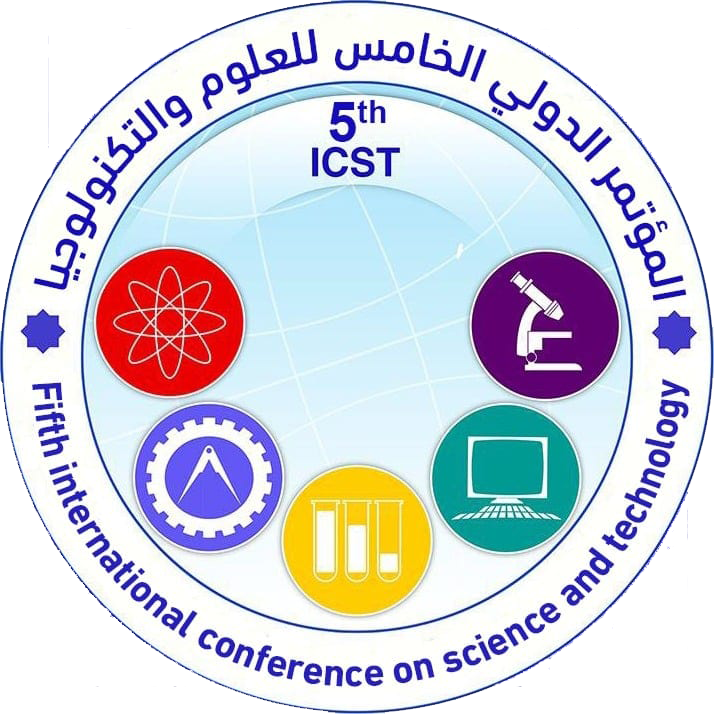The varying environmental characteristics of energy sources and their impact on sustainable development
Abstract
Energy is the source of the driving forces for development programs, which led to the struggle to obtain the largest amount of it, whether in peace or war, and its over-exploitation, which casts a shadow on the environment with negative impacts, due to the addiction of the global economy to energy sources, especially fossil ones, which are produced and consumed in ways Leading to various environmental, economic, and social aspects, which prompted countries and institutions to search for better, clean, renewable, and environmentally friendly energy sources to reduce environmental pollution on the one hand, and reduce pressure on the use of fossil energy sources on the other hand. Renewable energy has become an alternative to traditional energy sources, with its distinctive characteristics, being sustainable energy and does not contribute to any significant environmental damage, and an urgent necessity to achieve the dimensions of sustainable development. From this point of view, the problem of the study is determined in the main question (what is the impact of the disparity in the environmental characteristics of energy sources in achieving sustainable development?), where the researcher relied on the descriptive approach by reviewing previous studies that dealt with the subject of this study, and the results of the study showed that for each source of energy Environmental characteristics that determine its value, role, and effectiveness in the formation of the energy supply mix, in order to achieve sustainable development by reaching the best energy mixture characterized by environmental characteristics that are less harmful to it, and that the preference of any of these sources over the other is determined by the extent of its ability to contribute to Supplying energy, without prejudice to the environmental elements, and to be supportive of achieving the principles of sustainable development. The study concluded with recommendations that highlighted the importance of forming the energy supply mix by improving the efficiency of fossil energy sources, and raising the contribution of clean renewable energy sources in this mixture, in a manner that ensures its achievement of the principles and objectives of sustainable development.
Full text article
Authors
Copyright (c) 2022 Journal of Pure & Applied Sciences

This work is licensed under a Creative Commons Attribution 4.0 International License.
In a brief statement, the rights relate to the publication and distribution of research published in the journal of the University of Sebha where authors who have published their articles in the journal of the university of Sebha should how they can use or distribute their articles. They reserve all their rights to the published works, such as (but not limited to) the following rights:
- Copyright and other property rights related to the article, such as patent rights.
- Research published in the journal of the University of Sebha and used in its future works, including lectures and books, the right to reproduce articles for their own purposes, and the right to self-archive their articles.
- The right to enter a separate article, or for a non-exclusive distribution of their article with an acknowledgment of its initial publication in the journal of Sebha University.
Privacy Statement The names and e-mail addresses entered on the Sabha University Journal site will be used for the aforementioned purposes only and for which they were used.

